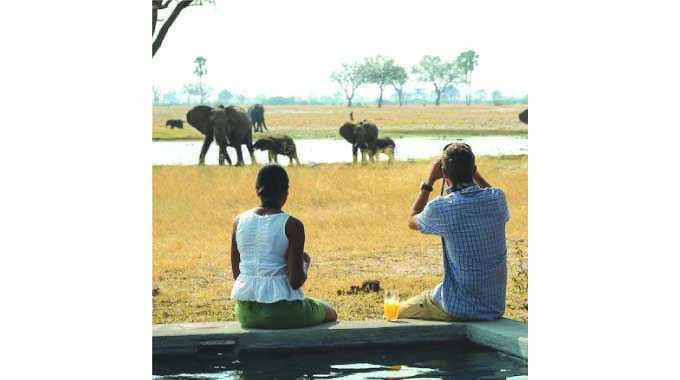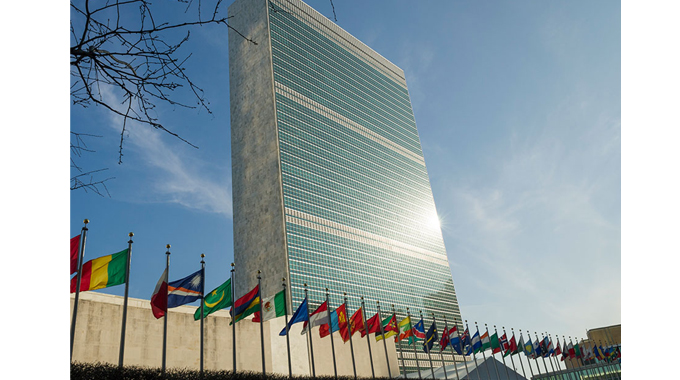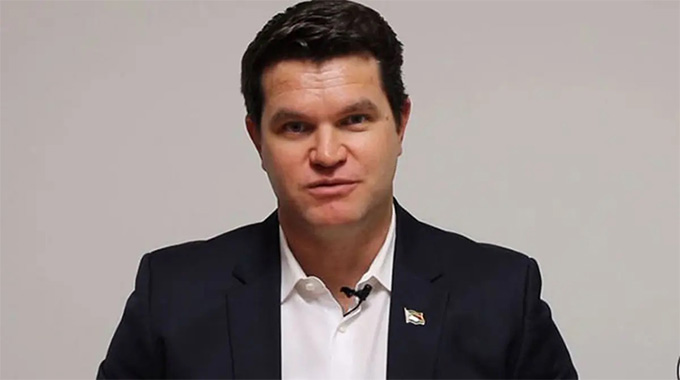Tackle plastic pollution menace, climate change

Paul Sixpence
ZIMBABWE joined the rest of the world in celebrating World Environment Day (WED) 2023 on Monday with a call for collaborative efforts in biodiversity restoration and protection, climate adaptation, and resilience as well as tackling plastic pollution so as to achieve sustainable development.
This year’s commemorations were held under the theme, “Solutions to Plastic Pollution – #BeatPlasticPollution.” Estimates indicate that only 10 percent of plastic waste is being recycled in Zimbabwe while an estimated 400 million tons of plastics are produced annually throughout the world, with over 20 million tons finding their way into water bodies and other places, causing serious damage to the environment in the process.
Further, about half of the produced plastics are designed only for one use and less than 10 percent is recycled.
In a statement to mark WED 2023, the United Nations (UN) in Zimbabwe underscored the importance of addressing climate change, pollution, and biodiversity crisis as a means to achieving national and global development goals.

Mr Edward Kallon
“Without addressing the impact of the triple planetary crisis (climate change, pollution, and biodiversity) the determination to end poverty, hunger and achieve the Sustainable Development Goals and the National Development Strategy-1 will not materialise,” said Edward Kallon, UN Resident and Humanitarian Coordinator in Zimbabwe.
“There is a need to ensure that development programmes and projects are climate-informed and climate-sensitive.”
Official sources indicate that Matabeleland North province ranks as one of the hardest-hit regions in the country when it comes to the effects of climate change. According to the ZIMVAC report, in 2022 Matabeleland North received the biggest chunk of aid from both state and non-state actors compared to other regions.
In the same year, the region had the lowest average household monthly income and expenditure figures. Household income stood at US$38 and expenditure at US$16.
“The province’s (Matabeleland North) reliance on aid is partly attributed to climate change-induced droughts and irregular rainfall patterns, which have led to reductions in crop and livestock production,” said Tawanda Mazango, executive director at Lupane Youth for Development (LUYD) organisation.
Droughts in the region are not a problem to humans and their domestic animals only, but to wildlife in the Hwange National Park as well.
“The scarcity of water and pastures in the Hwange National Park pushes elephants to invade communities at the edge of the park,” Mazango added.
“This has resulted in increased human-wildlife conflict. Elephants destroy crops and, in some instances, humans are killed at contested water points.”
To mitigate the effects of climate change, restore and protect biodiversity, the UN in Zimbabwe in collaboration with the Government of Zimbabwe and development partners has been implementing a number of projects aimed at building resilience, promoting access to clean energy and water, inclusive growth and sustainable livelihoods.
The UN Zimbabwe chief in his statement said that to ensure environmental sustainability and mitigate the impact of climate change, one of the initiatives that they have embarked on is “community asset creation.”
Through this initiative UN agencies are helping communities with cash and food assistance, supporting water harvesting and small-scale irrigation.

United Nations headquarters in New York
The statement further added that UN Zimbabwe is also introducing green technologies to aid solar-powered pumps for horticulture, “which is important for household food security and income generation”.
LUYD, a community-based civil society organisation in Lupane, has called for the strengthening of climate adaptation and resilience initiatives by educating communities on climate change and ensuring they have access to green technologies.
With support from the French embassy in Zimbabwe, LUYD has been implementing an innovative climate adaptation project targeting women based in rural Lupane.











Comments